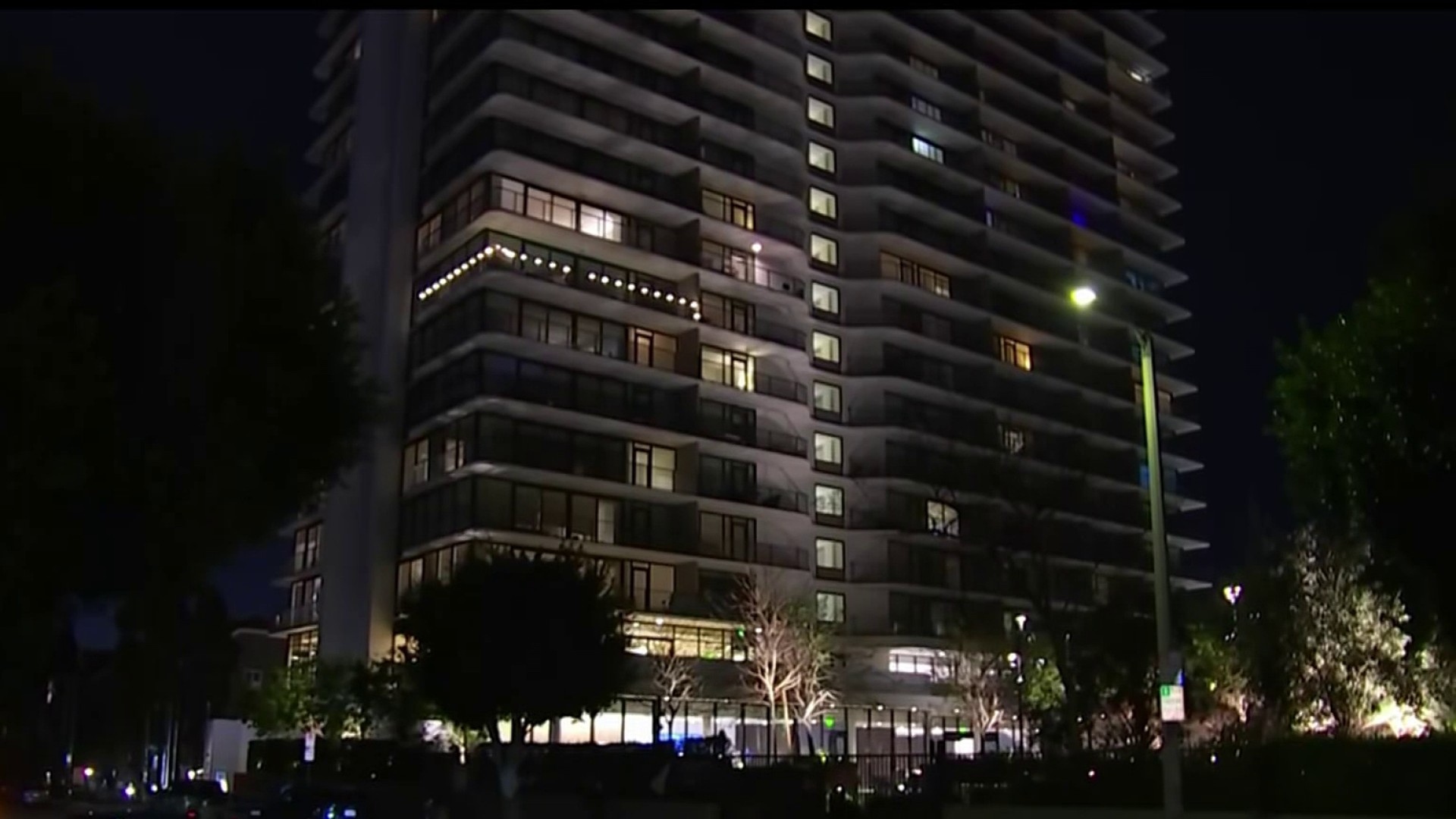LOS ANGELES -- INTRODUCTION: Environmentalists concerned about the safety of the Playa Vista development next to Marina Del Rey have filed new papers aimed at changing the way business is done in Los Angeles.
The filing occurred Wednesday. The fallout is just beginning.
PAUL MOYER: The environmentalists' lawsuit challenges the safety of Playa Vista, a massive project on the Westside that's built atop flammable methane deposits. But their attorney, Richard Fine, has just filed a new legal brief that raises a larger issue -- whether campaign contributions from Playa Vista have given the developer too much influence over the LA City Council. Fine says Council members who've supported the developer over the past two years while accepting campaign money from him have in fact broken state law.
RICHARD FINE: This is illegal under the California Political Reform Act.
PAUL MOYER: Two years ago Fine's clients won an appeals court ruling that called for a new study of methane-related issues at Playa. Since then, the developer and the City Attorney have been pressing the lower courts and the City Council to narrow or cancel the proposed study. The Council has sided with Playa in four separate votes in the past two years. Fine says there's a reason.
RICHARD FINE: Approximately $126,000 of campaign contributions have been given to the City Council members who have voted in favor of the Playa Vista projects. The only reason these votes came down the line is because of the massive amount of contributions that went into their campaigns.
PAUL MOYER: Fine got his statistics and background data from the City Ethics Commission and the city clerk. They show that over the past two years every Council member except Dennis Zine got campaign money from Playa, its lobbyists and consultants. They also show that only Bill Rosendahl, who received relatively small donations, consistently voted against Playa and in favor of a new safety study of the site.
News
Top news of the day
In his brief, Fine lists Playa's past and present supporters on the Council and Playa's handouts to them.
Padilla, Huizar, Weiss, Cardenas, Garcetti, LaBonge, Gruel, Perry, Hahn, Parks, Reyes, and Smith.
RICHARD FINE: If there was not any money contributed, would these politicians have all voted in favor of Playa Vista and put the health and safety of the residents at risk. I believe they would not have done that.
PAUL MOYER: Some of the campaign money came directly from Playa. Some from its consultants, lobbyists and lawyers and some from home builders at the site.
Fine says unions working at Playa were also big contributors, especially local plumbers' unions. That's because, he says, plumbers have a huge financial stake in Playa -- a $25,000,000 investment in the project by the Plumbers and Pipe-fitters National Pension Fund.
RICHARD FINE: Effectively the contributions from the plumbers are protecting two interests: one their financial interest and second of all, their jobs.
PAUL MOYER: Whatever the purpose or source of contributions, says Fine, Council members who accepted them and voted on Playa proposals violated the California Political Reform Act.
He says it prohibits any politician from taking part in a legislative decision affecting a campaign contributor who has given money in the previous year
RICHARD FINE: The law says if you've gotten money in the last twelve months you can't vote on the issue.
PAUL MOYER: Fine says the law even extends to City Attorney Rocky Delgadillo, who received more than $51,000 in campaign contributions from Playa and its lobbyists just before giving advice to the City Counsel favoring the project.
RICHARD FINE: Since the City Attorney has received contributions it was wrong for him to give that advice.
PAUL MOYER: The California Public reform Act has been on the books since the late 1970s, but Fine says it has seldom been enforced.
RICHARD FINE: Because the city council members and the city attorney have broken the law by not disclosing the campaign contributions at the time the motions come up.
PAUL MOYER: Fine is hoping his brief will challenge that. He's also asking the court to wipe out all recent City Council decisions on Playa Vista made within a year of any campaign contribution from the developer to a member.
RICHARD FINE: This will affect the way every city, county and public official operates, and hopefully this will make them in quotes honest.
PAUL MOYER: Various Council members have responded to this story with written statements. Perry and Smith declined to comment, Perry stating "Per the City Attorney, we are not to comment on pending Litigation."
Reyes said, "I don't make decisions based on who gives me contributions."
Cardenas said through a lawyer: "The Political Reform Act does not apply to campaign contributions."
A spokesman for City Attorney Delgadillo dismissed Fine's brief as being "without merit" and said, "The political Reform Act only prohibits an official from acting on a matter where the official has a personal financial interest…"
He also maintained that all donations are disclosed publicly so "any suggestion that the public was unaware of these contributions is simply wrong."
RICHARD FINE: City Attorney Delgadillo and the Council people are wrong. They should look at the law and look at the cases. They have admitted they have received contributions so we should look at what they say with caution.
PAUL MOYER: Richard Fine says he's suggesting no impropriety on the part of the contributors themselves who, he says, have a constitutional right to make campaign contributions.
Playa Vista's spokesman declines comment but points out that Fine has lost several recent rounds in court against the developer and the city. One of the authors of the reform act Fine cites, says the lawyer is wrong in his interpretation, but that his view is supported by a California appeals court ruling.



